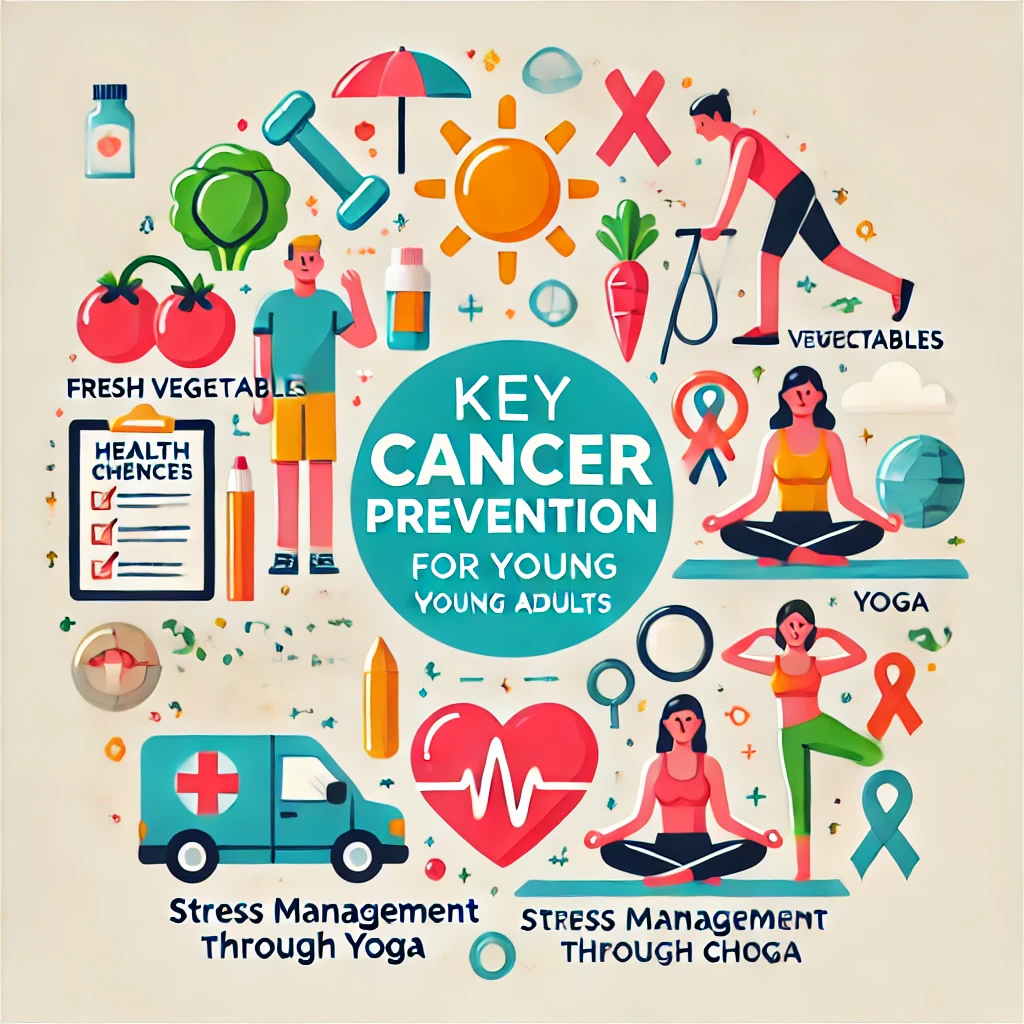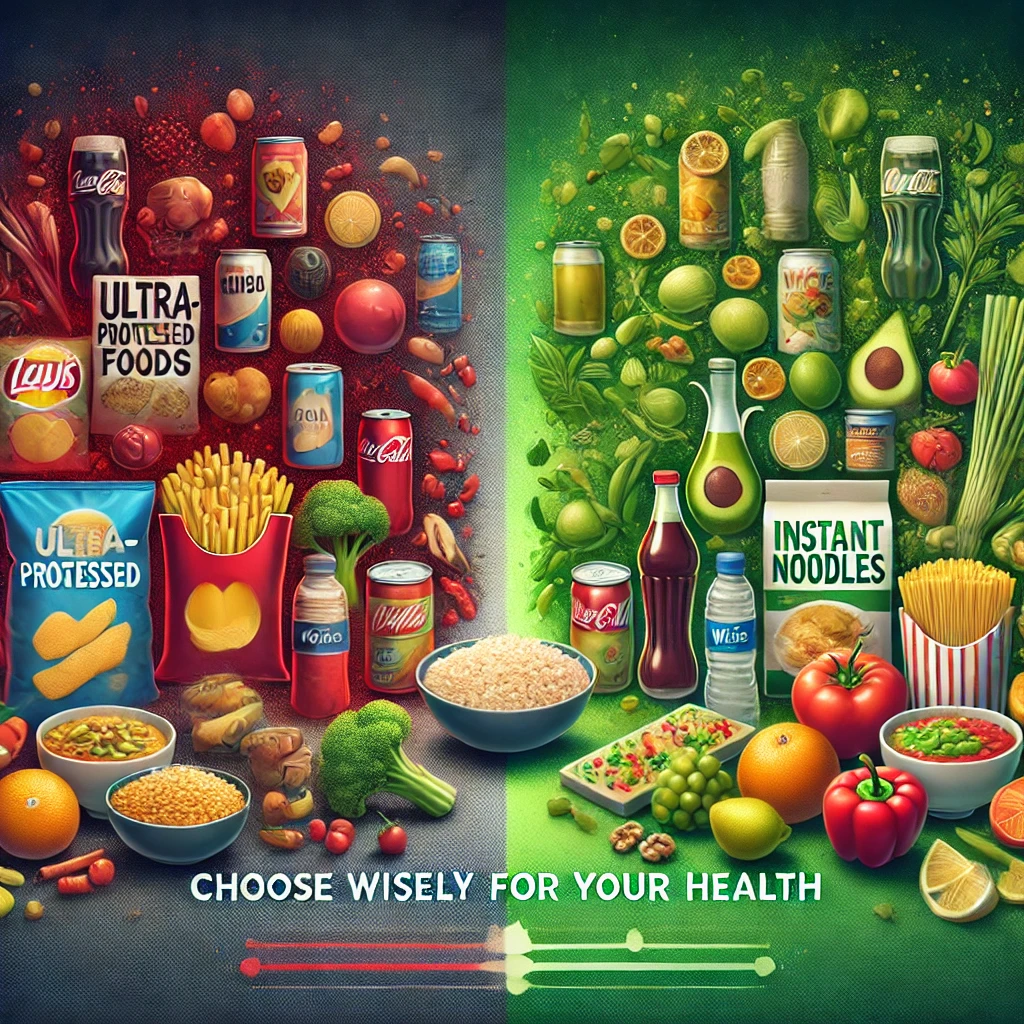The Rising Cancer Rates Among Young Adults
rising cancer rates among young adults, In recent years, research has highlighted a gradual increase in cancer rates among young adults. Once considered a disease predominantly affecting older populations, cancer is now becoming more prevalent… The Rising Cancer Rates Among Young Adults

